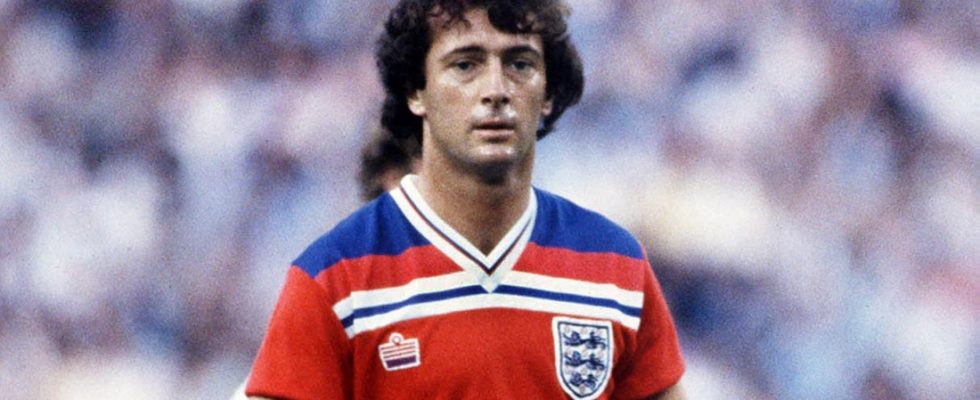Of course, now, in the hour of his death, only good things were being poured out about Trevor Francis. It shouldn’t be any different, on the one hand. On the other hand, why forget what former Queens Park Rangers coach Jim Smith called after two missed penalties: “He explained to me that he has a system for taking penalties. I don’t know what it is, but it’s damn useless.”
Or former England international Alan Hudson’s comment when Francis was coach at Birmingham: “Francis wouldn’t recognize a great footballer even if the guy’s name was four letters, started with a ‘P’ and ended with an ‘e’.” Whereby that with Pelé was slander: Francis was a great connoisseur of the sport in which he broke a sound barrier himself. It was the first million-pound transfer in English football history. Francis died of a heart attack on Monday at the age of 69.
To take the pressure off, Forest claimed to have paid ‘only’ £999,999
The amount was due in 1979 when Francis left Birmingham after 280 games and 119 goals in the middle of the second half of the season and joined Nottingham Forest. Forest coach Brian Clough arrived at the official launch in gym attire and a badminton racquet in hand – a twist intended to emphasize the casualness of the engagement. Worried Francis would not be able to take the pressure of the million dollar move, Clough also claimed Forest paid “only” £999,999. It did not help. “I’ve played professionally for 23 years, I’ve won European cups with Nottingham, I’ve played for England 52 times. But whenever I’m invited to an event, I’m introduced as the first £1million footballer,” Francis would say years later.
The sum was actually a scandal for the conditions at the time. The most expensive transfer to date had been perfect two weeks earlier: West Bromwich Albion had paid £516,000 for David Mill to Middlesbrough.
The difference between the amounts provides an indication of the special category Francis was as a player until he retired after spells at Manchester City, Genoa Sampdoria, Atalanta Bergamo, Glasgow Rangers, Queens Park Rangers and Sheffield Wednesday. There is no better player in England, said Clough’s assistant Paul Taylor when Travis switched to Forest at the time – but he whispered: “If we mess that up, we’ll have to emigrate.”
It never got to the point where anyone had to leave the island, although they did little to squander the investment at Forest. Francis’ debut was delayed because Forest’s sloppy enrollment; and because he wasn’t allowed to play in the European Cup either, the club allowed him to play a show match against Cosmos New York with Detroit Express – in the USA. Francis flew in the concorde back and forth, in between he scored six times in 90 minutes in an 8-2 win against a team that had a certain Franz Beckenbauer in defense. But what was that compared to the goal he scored shortly afterwards in the old kingdom of the “Kaiser”, in the final of the European Champion Clubs’ Cup in 1979 against Malmö FF in Munich’s Olympic Stadium? There he pushed a cross ball from John Robertson into the goal for the 1-0 winner.
A year later, he was unable to defend his title in Madrid due to a torn Achilles tendon. Coach Clough forbade him to travel to the final against Hamburger SV, saying that limping tourists would bring bad luck. But: Francis remained part of a team that made two outrageous achievements: Forest has been the only team in the world since 1980 to have more handle cups than championship titles in their showcases. What’s more, it’s the only English team to have won the famous trophy (which will be presented today for Champions League victory) twice in a row.

